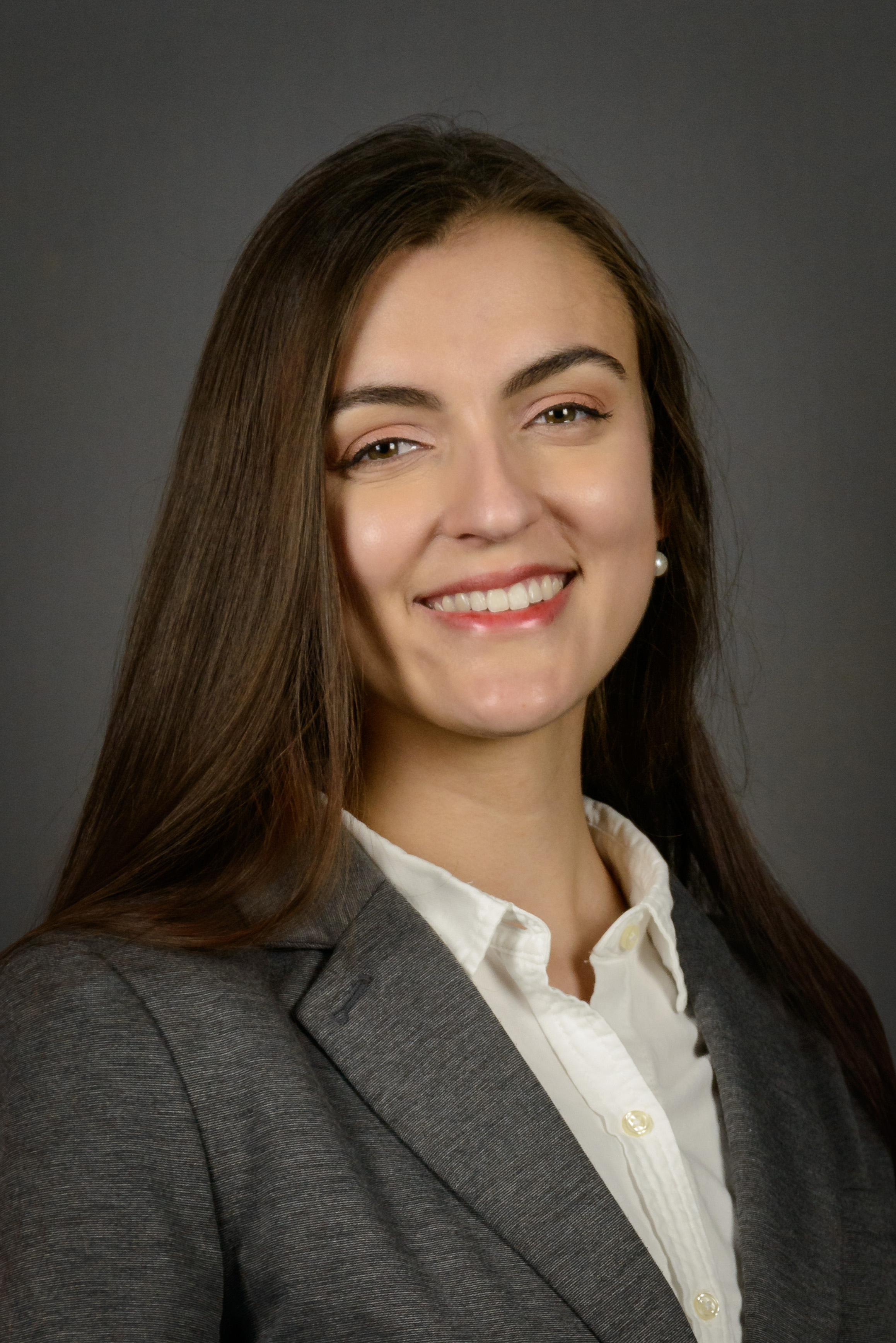ASU engineering graduates create toy hack website

Students modify a toy at a toy hack event organized by then-ASU engineering students Isabella Bushroe and Bridget Koehl in November 2021. Photo courtesy Toy Hack Guide site
Have you ever heard of toy hacking?
For some, it’s a way to make old toys new again by changing how they function. For others, it’s simply a lesson in robotics. And still for others, a hacked toy provides the freedom to play without obstacles.
For Isabella Bushroe and Bridget Koehl, two recent Arizona State University engineering graduates, toy hacking was a way to use their skills and give back to the community. Recently, the duo used their experiences with toy hacking as the basis for a website to guide others in how to host toy hack events.
Bushroe and Koehl, both engineering (mechanical engineering systems) majors, graduated with bachelor’s degrees in May.
They attended their first toy hack event, hosted by Makers Making Change at the Arizona Science Center, in 2019 and used their engineering know-how to modify toys for children with physical and other challenges. Inspired by that experience, Bushroe and Koehl created and hosted two toy hack events during their undergraduate careers, and made toy hacking the subject of their honors thesis for Barrett, The Honors College at ASU.
“Our positive experience at this event inspired us to do a project that would allow us to hold toy hacks to switch-adapt commercially available toys,” Bushroe said.
Isabella Bushroe graduated from ASU in May with a bachelor's degree in engineering. Photo courtesy Isabella Bushroe
“We felt that we were practicing skills that we would need later as engineers, such as soldering and problem-solving. We found it worthwhile and fulfilling also because we learned about the positive impact that we could make using engineering skills."
Bushroe and Koehl hosted a toy hack in April 2021, and another in November of that year, both at the Si Se Puede Foundation STEM center in Chandler, Arizona.
Members of two Si Se Puede Foundation-supported robotics teams — Degrees of Freedom, a student-led high school robotics team, and Desert WAVE, a women's autonomous underwater vehicle design team at ASU (of which both Bushroe and Koehl were members as ASU students) — helped organize the events and assisted with hacking toys. The modified toys were donated to ACCEL, a local nonprofit organization, and the United Cerebral Palsy Foundation.
“For our honors thesis, we held two switch-adaptation toy hack events. Participants at these events added larger switches to commercially available electronic toys to make them easier for children with certain disabilities to use. The students and other members of the community who participated in these events got to learn about assistive technology and practice soldering and teamwork,” Bushroe said.
Bushroe, who is now working as an engineer in Tucson, Arizona, said she hopes anyone wanting to host a toy hack — whether for a class, a club or a community service project — finds useful information, including why toy hacking is important, how to set up such an event, where to get toys and equipment, directions for how to hack toys and other tips, on the website.
More Science and technology

Digital crimes leave data trails; these students built a tool to help explain them
In a courtroom, truth often hinges on storytelling. But when that story involves hex values, file systems, packet captures or…

From traffic systems to trustworthy AI, ASU students are solving problems the world can’t ignore
How do you trust artificial intelligence when it doesn’t know what it doesn’t know? How do you safely move computing systems…

Did the ribosome begin as a parasite?
The ribosome is one of life’s most remarkable inventions — a tiny molecular machine inside every cell that turns genetic code…
